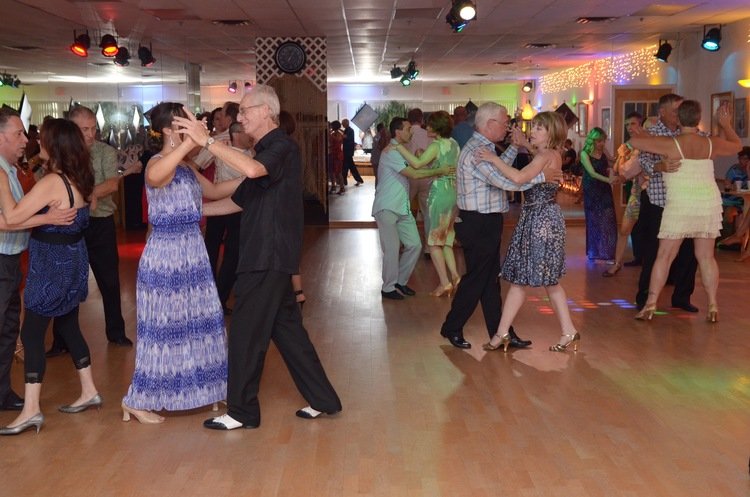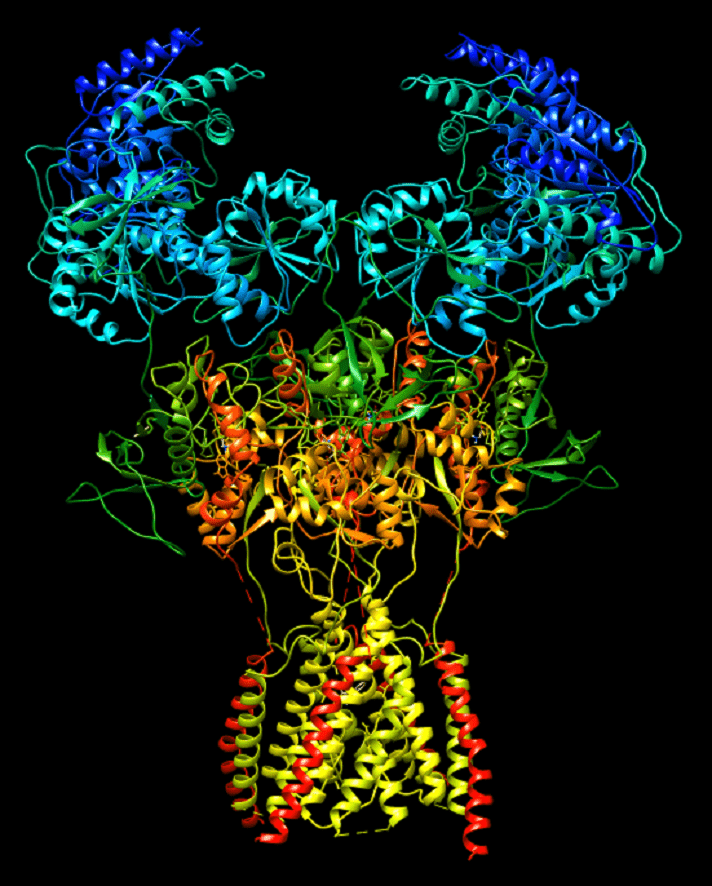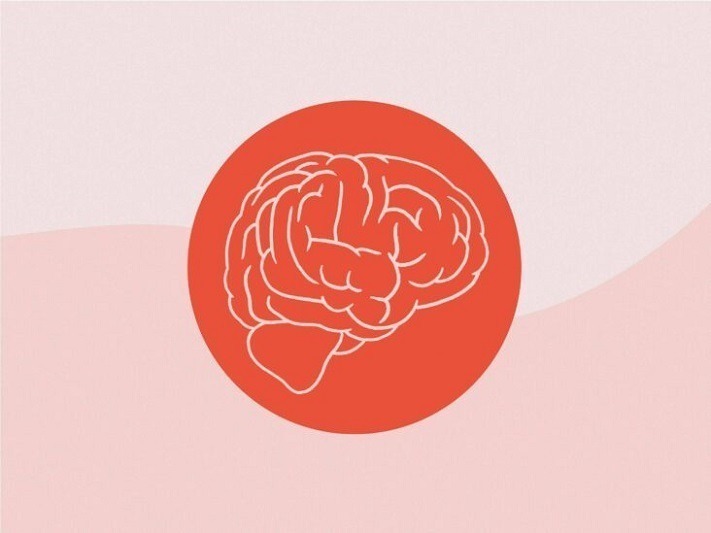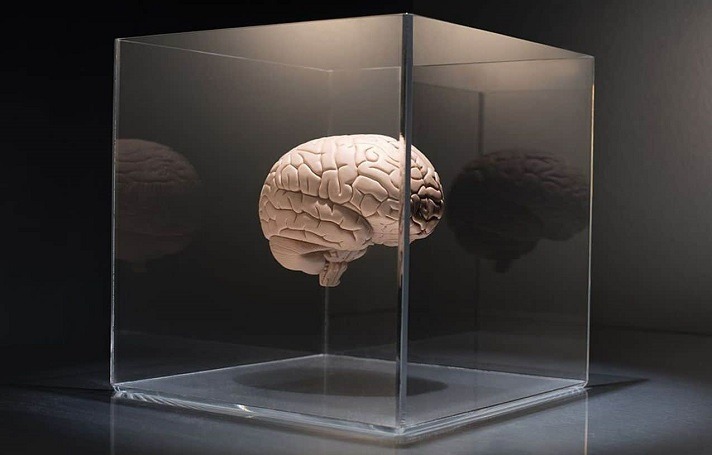Posts by The Conversation
Harnessing mindfulness and virtual reality simulations to maximize sports performance
Athletes at the very highest level of their sport face the challenge of performing consistently under pressure amid many potential distractions, including performance anxiety, crowd behaviour, their own and others’ expectations, and the responses of their opponents. The performance of players in the 2023 Australian Open, for example, demonstrated the psychological factors needed to succeed…
Read MoreBallroom dancing can reduce aging-related brain atrophy in the hippocampus (and, more than treadmill walking!)
Social ballroom dancing can improve cognitive functions and reduce brain atrophy in older adults who are at increased risk for Alzheimer’s disease and other forms of dementia. That’s the key finding of my team’s recently published study in the Journal of Aging and Physical Activity. In our study, we enrolled 25 adults over 65 years…
Read MoreStudy identifies cognitive benefits of ketamine in patients with treatment-resistant depression
Which factors determine what we believe about our world, ourselves, our past, and our future? Cognitive neuroscience suggests that our beliefs are dependent on brain activity, specifically on the way our brains process sensory information in order to make sense of our environment. These beliefs (defined as probability estimates) are central to our brain’s predictive…
Read MoreDebunking the “chemical imbalance” theory yet not throwing out the antidepressant baby with the bathwater
A recent study found inconsistent evidence linking the neurotransmitter serotonin to depression. In an article for The Conversation, the authors of the study concluded that it is impossible to say that taking SSRI antidepressants is worthwhile. But is it safe to conclude that serotonin is not involved in depression or that modern antidepressants aren’t helpful…
Read MoreLarge neuroimaging study finds social isolation to be an early indicator of increased dementia risk
Why do we get a buzz from being in large groups at festivals, jubilees and other public events? According to the social brain hypothesis, it’s because the human brain specifically evolved to support social interactions. Studies have shown that belonging to a group can lead to improved wellbeing and increased satisfaction with life. Unfortunately though, many…
Read MoreDos and Don’ts of Therapy on the Go: Navigating the use of apps for mental health care
It might be surprising to think about browsing for therapists and ordering up mental health care the way you can peruse a menu on Grubhub or summon a car on Lyft. But over the last decade, digital access to therapy has become increasingly common, in some cases replacing the traditional model of in-person weekly sessions between…
Read More





